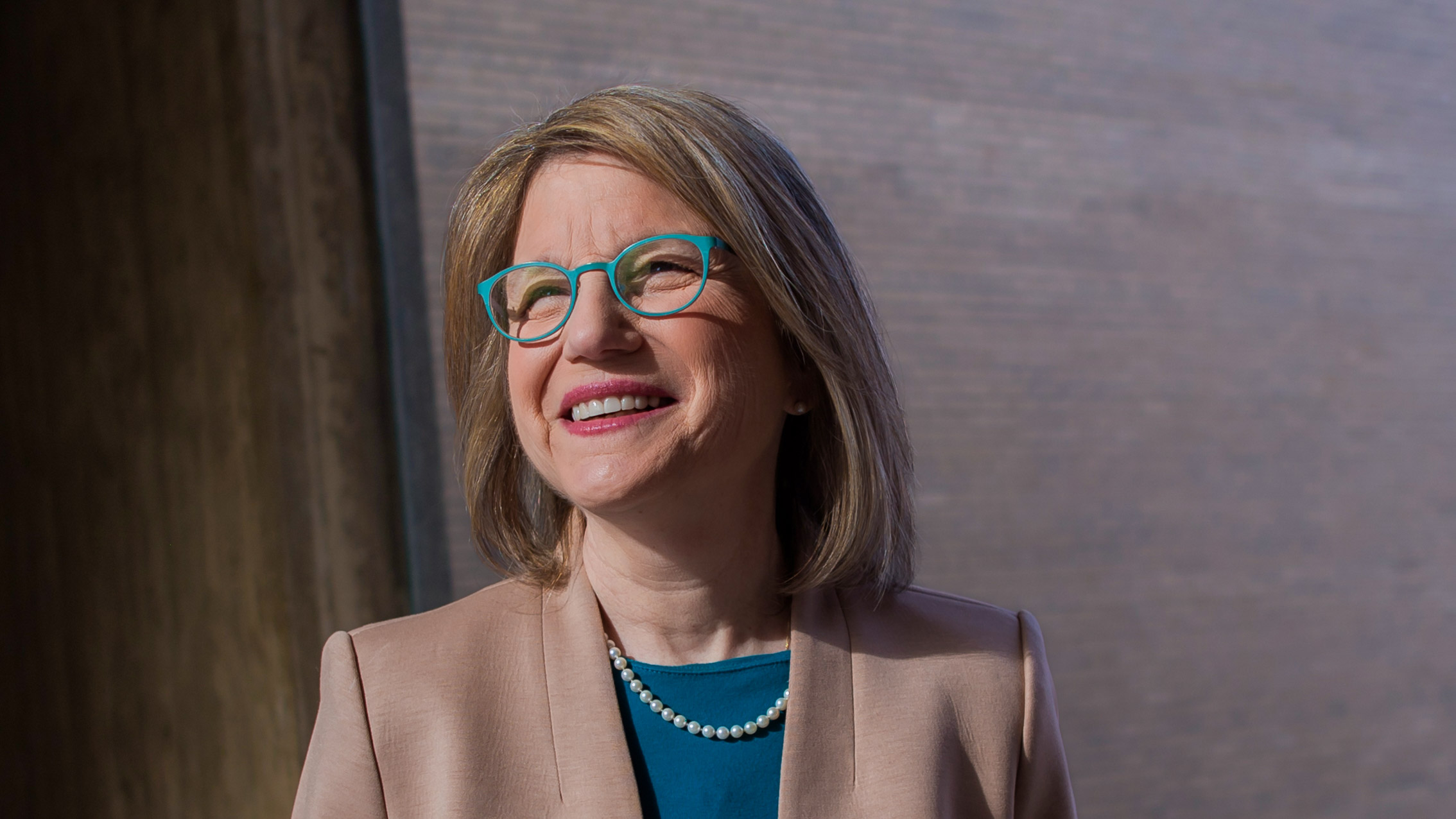Connecting across differences
True dialogue involves listening to and learning from each other’s stories.

It has been a year of unexpected challenges. But as I write today, I am encouraged by two things. First, the MIT community and the vital work we do for the world have continued to thrive. And second, we have taken positive steps to apply our legendary problem-solving skills to an age-old challenge: finding ways to build meaningful connections across differences.
MIT began this effort in 2023 with a speaker series called Dialogues Across Difference. In the first session, John Tomasi, president of Heterodox Academy, talked about the importance of humility; in the second, Malick Ghachem of MIT’s history department spoke about the University of Chicago’s Kalven Report of 1967 and the role of universities in political and social action.
In February of this year, the series began to focus on issues related to the conflict and war in the Middle East. And in May, at the final session, Dartmouth professors Susannah Heschel and Ezzedine Fishere engaged us in dialogue about dialogue.
Professor Fishere began by talking about what dialogue—the kind of dialogue we want to have at universities—is and what it isn’t. Most important, it isn’t about “finding common ground.” Instead, dialogue is about listening to and learning from each other’s stories. He reminded us that “learning is not always pleasant” and encouraged us to embrace complexity. And Professor Heschel told us that her goal as a teacher might be to leave her students with the feeling that what they’re studying is even more complicated than they may have realized when they started.
At a university, complexity is a very good thing. As Professor Heschel said, “There is no other place where we can have these kinds of conversations, be challenged by each other, think together, change our minds, learn so much.”
At MIT, it’s up to all of us to foster an intellectually stimulating environment on our campus and in our community, and strive to live up to our values of openness and respect. In the fall, we’ll continue to explore new ways to encourage and support constructive, thoughtful dialogue on all kinds of issues.
And I’ll have much more to say about the growing momentum behind the Climate Project at MIT, as well as new initiatives around the humanities, arts, and social sciences; generative AI; and the life sciences and health.
Until then, I hope you’re enjoying a relaxing, restorative summer.
Sally Kornbluth
June 3, 2024
p.s. Please see web.mit.edu/updates-from-campus for updates from MIT regarding recent events on campus. This page is also used to share relevant policies and correct misinformation. You can find out more about the Dialogues Across Difference speaker series at technologyreview.com/president.
Keep Reading
Most Popular
How to opt out of Meta’s AI training
Your posts are a gold mine, especially as companies start to run out of AI training data.
Why does AI hallucinate?
The tendency to make things up is holding chatbots back. But that’s just what they do.
The return of pneumatic tubes
Pneumatic tubes were supposed to revolutionize the world but have fallen by the wayside. Except in hospitals.
How a simple circuit could offer an alternative to energy-intensive GPUs
The creative new approach could lead to more energy-efficient machine-learning hardware.
Stay connected
Get the latest updates from
MIT Technology Review
Discover special offers, top stories, upcoming events, and more.